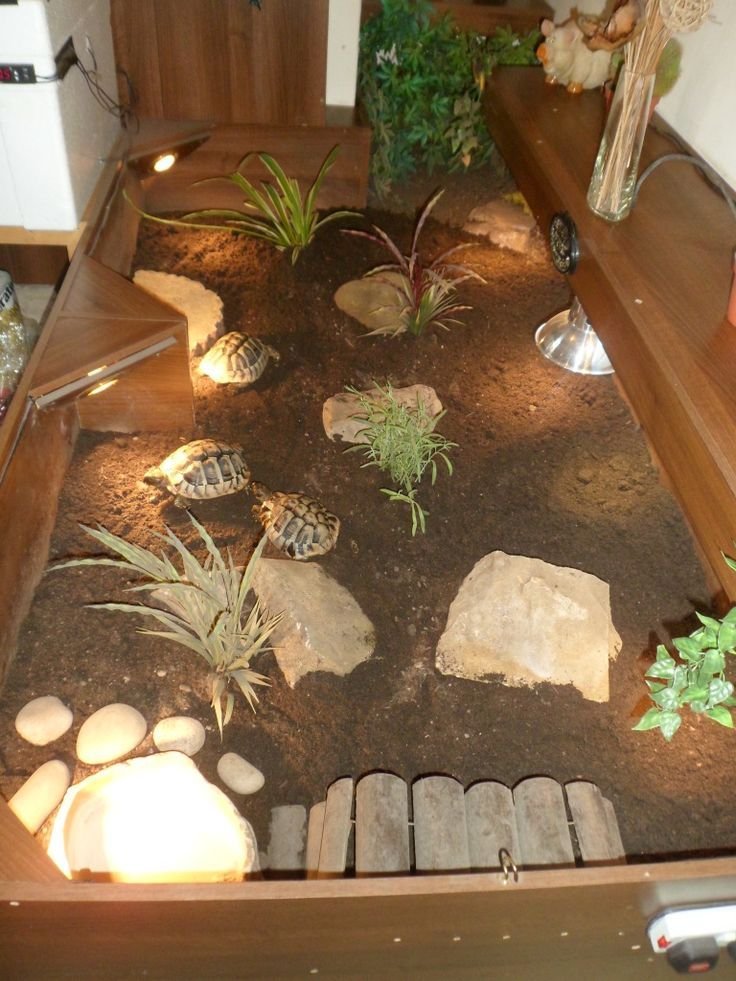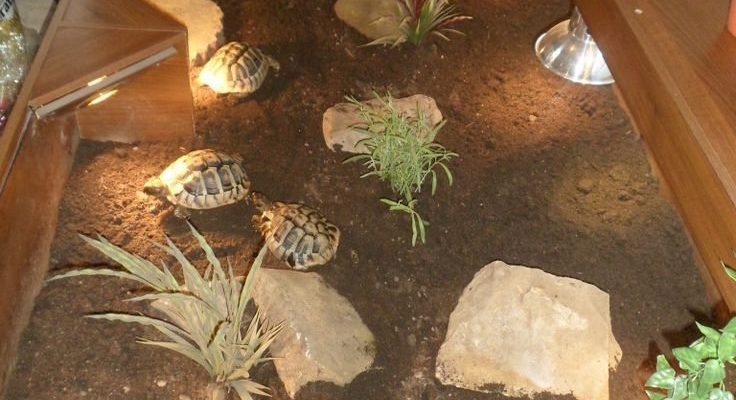
You might be wondering what plants are best for your scaly friend. After all, not every plant is safe or beneficial for tortoises. Some plants can be toxic, while others may offer just the right crunch for snack time. The truth is, selecting the right greenery can make all the difference in creating an enriching environment. So let’s dig in and explore some fantastic options!
Why Choosing the Right Plants Matters
Before we jump into the best plants to grow, it’s important to understand why the right choices matter. Tortoises are natural grazers, and their diet in the wild consists of various leafy greens, flowers, and grasses. By mimicking this environment, you’re providing not just food but also mental stimulation.
Variety is key. Having a mix of textures and tastes can encourage your tortoise to explore and forage, which are essential behaviors for their well-being. Think of it like having a buffet instead of just one bland dish. Plus, certain plants can help maintain humidity levels in the enclosure, which is beneficial for overall health.
To put it simply, the right plants make your tortoise’s enclosure a vibrant and lively place! A well-planned habitat can prevent stress and boredom, ultimately leading to a happier tortoise.
Safe Plants for Tortoises
When you’re selecting plants, safety is the top priority. Some plants can be harmful, so it’s best to stick with those that are known to be safe for tortoises. Here’s a list of great options:
- Dandelion Greens: A favorite among many tortoise species, these not only taste great but are packed with nutrients.
- Hibiscus: These vibrant flowers attract tortoises and are edible both in leaf and flower form.
- Plantain: This common weed is a fantastic source of fiber that tortoises love to munch on.
- Endive: A great salad green, endive is nutritious and can be easily grown in your enclosure.
Honestly, these are just a few common plants that can thrive in a tortoise enclosure. Be sure to check if they fit your local climate and conditions, as some plants might flourish better depending on your specific environment.
Outdoor vs. Indoor Enclosures: Plant Considerations
Whether your tortoise lives indoors or outdoors can influence your plant choices. If your tortoise roams outside, they may have more exposure to weather and natural light, allowing for different plants.
Outdoors, consider adding native species to your garden. Native plants tend to require less maintenance and can provide a stable habitat for local wildlife. Examples include clover and various grasses, which are safe and provide a natural look.
For indoor enclosures, opt for hardy houseplants or small garden herbs. They need to withstand lower light conditions but still provide ample nutrition. Plants like basil and parsley can thrive indoors and pamper your tortoise with variety.
Just remember to provide enough sunlight, whether it’s natural or through a grow light, as your tortoise needs warmth and light to stay active.
How to Care for Plants in the Enclosure
Growing plants in a tortoise enclosure sounds lovely, right? But taking care of them is crucial, too. Here’s how to keep your plants healthy:
1. Soil Quality: Use a well-draining soil mix. Tortoises might dig or disturb plants, so you want a mix that’s sturdy yet allows roots to breathe.
2. Watering: Keep an eye on moisture levels. Overwatering can lead to rot. A light misting can also help maintain humidity, which benefits both plants and tortoises.
3. Sunlight: Make sure plants get enough light. If your enclosure is indoors, consider using grow lights to mimic natural sunlight.
4. Fertilizing: Occasionally, you might want to use a natural fertilizer to boost plant growth. Just be sure it’s safe for tortoises!
By following these care tips, you’ll create a thriving environment that enhances both plant and tortoise life.
Common Mistakes to Avoid
Even if you’re excited to decorate your tortoise’s enclosure, there are a few pitfalls you should avoid. Here are some common mistakes:
- Choosing Toxic Plants: Always research before introducing a new plant. Some beautiful options can be harmful to your tortoise.
- Overcrowding: While you want variety, too many plants can create a cramped environment and stress your tortoise.
- Neglecting Maintenance: Plants need care, just like your tortoise. Forgetting to water or prune can lead to unhealthy greenery.
By being mindful of these mistakes, you can maintain a safe and pleasant habitat for your shelled friend.
Encouraging Foraging Behavior
Plants do more than just beautify the space—they encourage your tortoise to engage in natural foraging behavior. Placing plants strategically can promote exploration.
Create a little maze using taller plants as barriers. This not only makes your tortoise work a bit for their food but also mimics the search for snacks they’d experience in the wild. This is important for their mental stimulation and helps keep them active.
You might find that your tortoise becomes more curious and happy when they have plants to explore. Just watch them go on their little adventures; it’s rewarding to see them interact with their environment.
Choosing the best plants for your tortoise enclosure isn’t just about aesthetics—it’s about creating a thriving ecosystem for your pet. By selecting safe, nutritious plants and caring for them well, you enhance your tortoise’s quality of life.
Remember, plants like dandelion greens, hibiscus, and plantain are excellent choices that your tortoise will love. Plus, ensuring you maintain your garden will keep both your plants and tortoise healthy and happy.
So, roll up your sleeves, get gardening, and enjoy watching your tortoise thrive in their little slice of paradise!

